Type of Dispositions
Dispositions are used by agents or the dialer to indicate the outcome of a call. Read about customizing dispositions in the Managing Dispositions section.
Table of Contents
- Handling multiple dispositions
- Types of Dispositions
- List of Default Dispositions
- Disposition Outcomes
- Chat-Specific Dispositions
- List of Chat-Specific Dispositions
- Examples of How Chat-Specific Dispositions are Allocated
By default, there are three types of Dispositions, indicating whether a call needs to be called back by one or more agents or not. We can see these as categories, which have several other, specific dispositions belonging to them. Dispositions can be system default or custom ones.
Handling multiple dispositions
If the “Manual dispositions in callbacks” option is selected, VCC Live’s system is optimized to assign one disposition to a certain record. This means that even in cases when due to various events the workflow implies that more than one disposition is assigned, at the end of the day only one disposition is allocated to a record.
Example:
If
- the “Manual dispositions in callbacks” option is selected, and
- the record receives a Dropped disposition, and
- the PPD dials the record for the agent, who then sets the disposition to a Finished type
Then
The system does not register the Dropped disposition (an API request therefore does not provide the Dropped disposition on said record), but saves the disposition that the agent has selected manually.
Types of Dispositions
| Type | Description |
|---|---|
| Callback | The record was not reached or was reached but needs to be dialed again. For example, the called party requested an appointment or contact at another time. A callback can only be handled by the agent who handled the original phone call. |
| Shared callback | The record was not reached or was reached but needs to be dialed again. A shared callback can be handled by any agent in the project. |
| Finished | The dialer will not attempt to call the record again. |
Note: Once you create a Finished type disposition, you cannot change its type back to Callback or Shared callback. Callback and Shared callback types are interchangeable.
List of Default Dispositions
| Disposition | API name | Type | Description |
|---|---|---|---|
| Callback | recall | Callback | Used when a record is to be called back at a scheduled time. The callback date and time is set by the agent. The dialer routes the call to the agent who handled the original call, unless the agent was removed from the project or callback redistribution is enabled. See Callback Redistribution. |
| Shared callback | shared_recall | Shared callback | Used for the same purpose as a Callback disposition, but the dialer may route the call to any agent in the project. |
| Busy | busy | Shared callback | The called party declined the call. |
| Channel limit exceeded | limit_exceeded | Shared callback | A channel limit refers to the maximum number of calls that the dialer is allowed to initiate simultaneously. When exceeded, the dialer stops initiating calls, and the last record the dialer cannot dial is allocated this disposition. |
| Unavailable | unavailable | Shared callback | The called party did not answer the call. |
| Discard | discard | Finished | The called party either rejected or did not answer the call multiple times. The discarded limit can be modified. |
| Temporary not available | temporary_not_available | Shared callback | The call could not be established. For example, the phone was turned off. |
| Discard (wrong number) | discard_failed | Finished | The call could not be established multiple times and the limit was reached, or the phone number format was incorrect. The discarded limit can be modified. |
| Dropped | dropped | Shared callback | The called party answered the call, but the system could not distribute the call to an agent within 5 seconds. The dialer will attempt to recall the record within 24 hours (default value). For example: in Power or Predictive project, the agent logs out shortly after logging in, and there are fewer available agents than the number of calls initiated by the dialer. |
| Quota | quota | Finished | In a quota project, when the quota goal is met, the rest of the records are allocated the Quota disposition and will not be dialed. If the quota limit is increased, the remaining records are placed back on the call list. |
| Answering machine | answering_machine | Shared callback | Used for records in your inbound project where calls were answered by an answering machine. By default, it generates a Shared callback – to turn it off, uncheck the ‘Retrying’ checkbox. |
| Machine | machine | Finished | If the AMD (Answering Machine Detection) detects that the call was answered by an answering machine or fax machine, the record is allocated with a Machine disposition. To activate the AMD feature in your account it must be manually enabled by VCC Live. Enabling AMD requires an initial test phase. The test phase includes adjusting the AMD settings to be able to recognize answering machines for phone calls coming from a specific country or telecommunications service provider’s phone number. For more details, please get in touch with your contact person at VCC Live. By default, it generates a Shared callback – to turn it off, uncheck the ‘Retrying’ checkbox. |
| Robinson list | robinson | Finished | The agent can allocate records who do not wish to receive calls from a contact center to the Robinson list. When an agent terminates a call with a Robinson disposition, the number is added to the Robinson list. You may also add numbers manually to the Robinson list. See Managing Robinson list. |
| Discard (Robinson) | discard_robinson | Finished | When an agent attempts to call a record that is on the Robinson list, the system, depending on your settings, terminates the call with a Discard (Robinson) disposition. |
Disposition Outcomes
| Name | Description |
|---|---|
| Unreached | The called party either rejected or did not answer the call. |
| Reached | The called party was reached successfully. |
| Successful | The called party was reached successfully and the call was successful business-wise. |
Chat-Specific Dispositions
When a chat conversation between an agent and client ends, the system can allocate a chat-specific disposition to the conversation.
Note: Chat-specific dispositions are set automatically by the system and are distinct from the dispositions the agents allocate to records to indicate the outcome of calls.
Note: Expected agent response time (sec) must be enabled. See To Set the Expected Agent Response Time.
List of Chat-Specific Dispositions
| Type | Description |
|---|---|
| Completed | The agent sent the latest message to the client, and the message was sent within the Expected agent response time (sec). |
| Missed | The client left the conversation before the agent could reply, or the agent didn’t reply to any message in the conversation within the Expected agent response time (sec). |
| Lost | The agent didn’t reply to the latest message within the Expected agent response time (sec). |
| In progress | The agent closed the ticket without ending the chat conversation. The agent can continue the chat conversation when the agent reopens the ticket. The chat conversation will automatically be ended after 5 days if not continued by an agent. |
Tip: The agents can see if the client has left or returned to the chat conversation.
Examples of How Chat-Specific Dispositions are Allocated
Completed:
- The agent replied to both the first and latest messages in time.
- The agent replied to all messages in time.
- The agent didn’t reply to the first message in time but replied to the latest message in time.
- The agent replied to the latest message in time.
Missed:
- The client left the conversation before the agent could reply.
- The agent didn’t reply to any message.
- The agent replied to the first message in time but didn’t reply to the latest message in time.
- The agent didn’t reply to the first and latest messages in time.
- The agent didn’t reply to the first message in time and didn’t reply to the latest message at all.
- The client sent only one message, and the agent didn’t reply to this message in time.
Lost:
- The agent replied to the first message in time but didn’t reply to the latest message at all.
- The agent replied to the first message in time, replied to further messages either in time or late, but didn’t reply to the latest message in time or didn’t reply at all.
In progress:
- The agent closed the ticket while the chat conversation was still in progress. The ticket is currently not opened by any agent.
- The agent closed the ticket while the chat conversation was still in progress. The agent reopened the ticket and is now continuing the chat conversation with the client.
Note: In time = within the set Expected agent response time (sec).
Related articles
There's always more to learn. Discover similar features by visiting related articles:
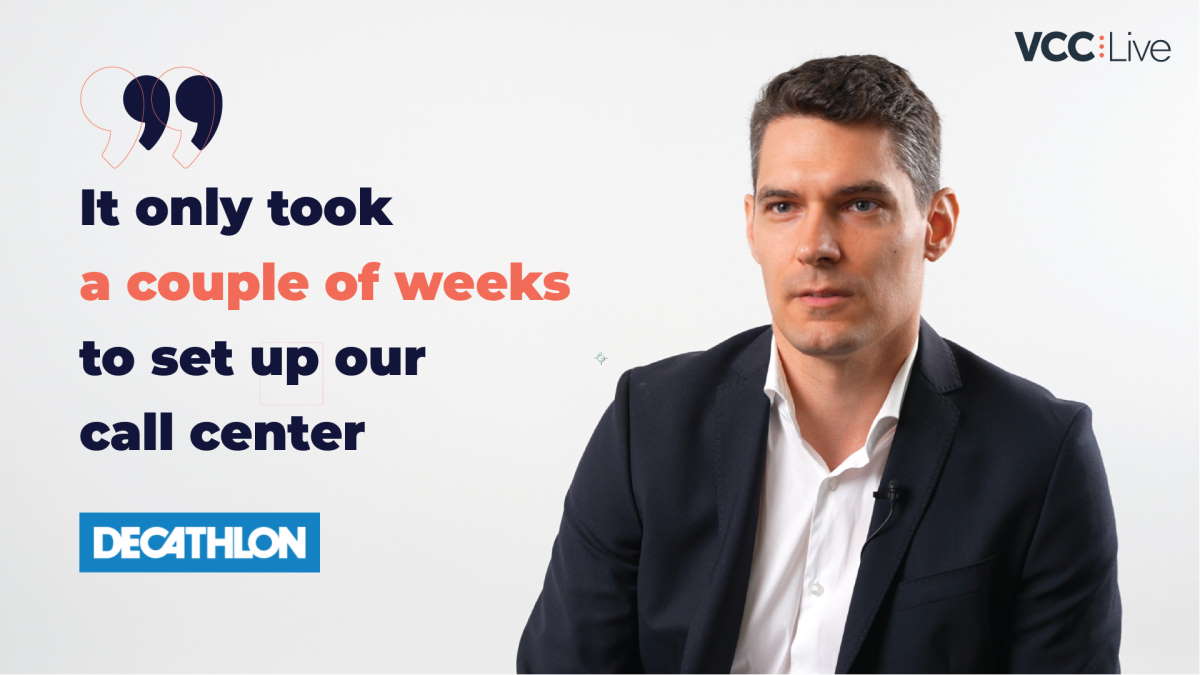
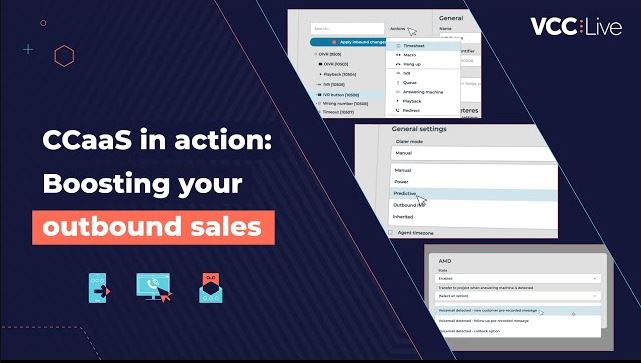
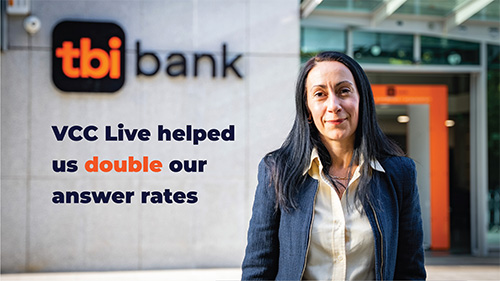
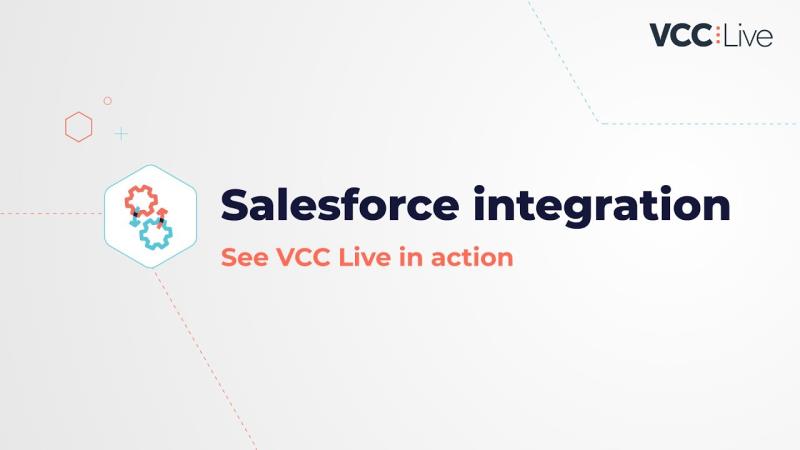
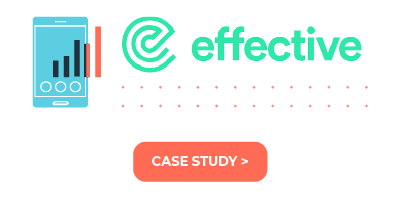
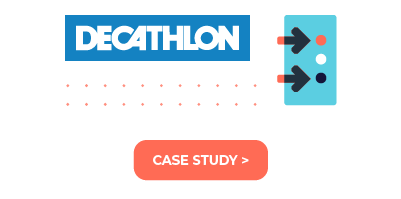
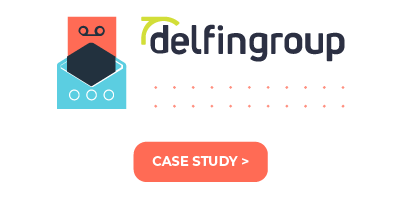
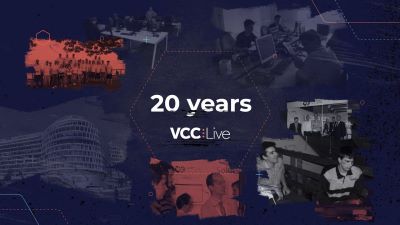
Comments
Can’t find what you need? Use the comment section below to connect with others, get answers from our experts, or share your ideas with us.
There are no comments yet.